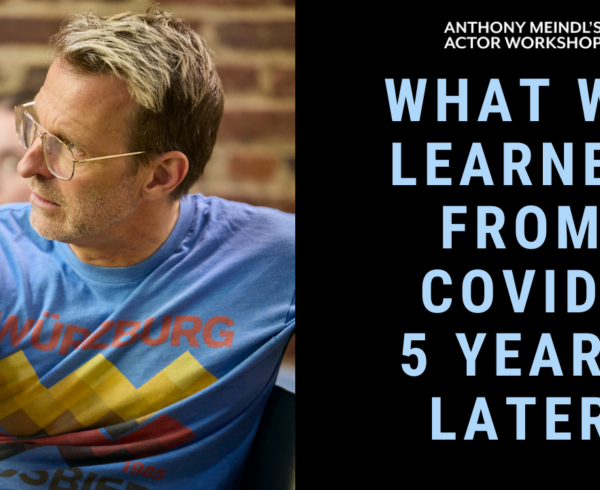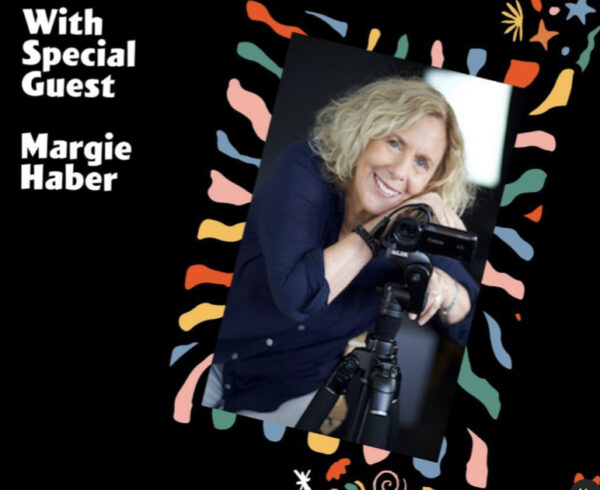Acting, like any art form, requires a level of fluency and understanding of the language in order to be successful. However, what happens when the language of acting isn’t your first language? How do you navigate the complexities of the craft, and what steps can you take to ensure that you are still able to express yourself authentically on stage or on screen?
First and foremost, it’s important to recognize that many successful actors have come from non-English-speaking backgrounds. For example, actors like Penélope Cruz and Antonio Banderas have found success in Hollywood despite not having English as their first language. This goes to show that it’s not impossible to make it as an actor even if the language of acting isn’t your first language.
However, it does require a level of dedication and commitment to the craft. Just like learning any new language, learning the language of acting takes time, practice, and patience. This means putting in the work to improve your English skills if necessary, as well as seeking out opportunities to practice acting in a supportive environment.
One of the best ways to improve your acting skills if English isn’t your first language is to take acting classes or workshops specifically geared towards non-native English speakers. These types of classes can help you work on pronunciation, accent reduction, and comprehension, as well as provide a supportive environment where you can practice your craft.
Another important aspect to keep in mind when working on your acting skills is to stay true to yourself and your cultural background. Your unique perspective and experiences can be a valuable asset in your acting, and can help you bring a fresh and authentic perspective to your characters. Embrace your cultural background, and don’t be afraid to let it shine through in your performances.
Finally, it’s important to remember that success in acting is not solely dependent on language skills. While having strong English skills can certainly be an asset, what ultimately matters is your ability to connect with your audience and convey emotion through your performances. As long as you are able to tap into your emotions and convey them authentically, you can be successful as an actor regardless of your language background.
In conclusion, while acting may not be your first language, it’s still possible to succeed in this challenging and rewarding field. With dedication, hard work, and a commitment to honing your craft, you can become a fluent and successful actor, regardless of where you come from.Regenerat
Cate Blanchett’s performance in the 2014 film “The Monuments Men” featured a memorable scene where she finds herself stuck in a pit of sticky tar. Despite the challenging nature of the scene, Blanchett delivered a stunning performance, showcasing her range as an actor. She portrayed the character’s fear and vulnerability in a way that was both genuine and captivating, drawing the audience into the moment and making them feel as though they were right there with her. Blanchett’s ability to immerse herself in the scene and fully embody her character is a testament to her talent as an actor and a reminder of why she is one of the most respected and revered performers in the industry.
Interested in Class? Contact us.
Anthony Meindl’s Actor Workshop is a renowned acting school that has helped countless actors develop their craft and reach their full potential. The workshop also provides a supportive and collaborative environment where actors can practice their craft and receive constructive feedback from their peers and instructors. Through this approach, many actors have been able to break through their creative blocks and find success in the industry. The workshop’s reputation as a training ground for serious actors looking to take their craft to the next level is well-deserved, and it continues to attract aspiring actors from around the world who are dedicated to honing their skills and becoming the best they can be.



